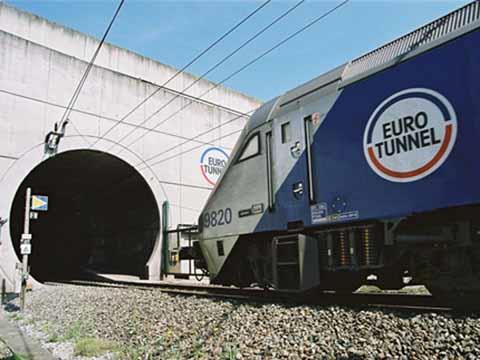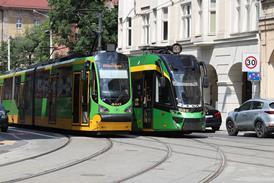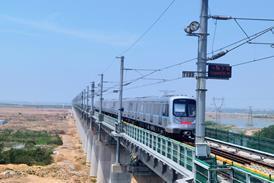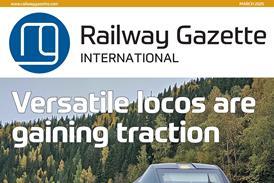
EUROPE: On June 20 the European Commission formally requested that France and the UK 'comply with EU rules against excessive track access charges for passenger and freight trains in the Channel Tunnel'.
The Commission claims the countries have failed to comply with the requirements of the First Railway Package, and is seeking the creation of a fully-independent regulator and an end to existing agreements reserving track capacity. The Commission may take cases to the EU Court of Justice if the countries do not respond within two months.
The Commission says the key problems are:
- 'Excessive' track access charges: EU rules require charges to be set on the basis of direct/marginal costs incurred as a result of operating the train service. An exception can exist for specific investment projects, but the Commission claims current charges 'do not appear to be based on direct costs or the long term investment costs of building the tunnel.'
- Weak regulation: The Commission says the Intergovernmental Commission which regulates the Channel Tunnel 'does not have the power to adopt decisions on its own initiative without a complaint', and is not independent because it is made up of representatives appointed by the two governments, which own Eurotunnel customer Eurostar through state-owned companies.
- Usage agreement: The 1987 Railway Usage Contract signed by British Rail and SNCF allocates capacity for 65 years, which 'is not permitted under EU rules because of its duration'.
'The Channel Tunnel is not being used to its full capacity because of these excessive charges', claimed EU Transport Commissioner Siim Kallas. 'As a result, more freight is being carried on lorries instead of by rail, freight operators and their customers are being over-charged, and passengers are paying over the odds for their tickets. The current regime is also stifling growth in the rail sector.'
In response, Channel Tunnel concessionaire Groupe Eurotunnel emphasised that the infringement process is targeted at the member states rather than the company. It said the tunnel's €15bn construction cost was privately funded, and this 'is different to all other European railway infrastructures, which are financed by states'. Eurotunnel said 'if modifications were to be made to the concession which were unfavourable to the interests of the 300 000 small shareholders in Groupe Eurotunnel SA, the group would seek a legitimate indemnity from the states', based the concession period which runs to 2086.
The company also 'regrets that some major railway operators have had such difficulties in their domestic markets that they have abandoned cross-Channel traffic, leading to the visible reduction in volumes', and believes the IGC had delayed authorisation of DB services through the tunnel by three years.
Responding to the Commission's announcement, Chairman of the UK's Rail Freight Group, Tony Berkeley said 'the two governments should do all they can to remove other barriers to service growth, in particular new charges imposed by French government-owned operator SNCF or RFF for 'security' checks and ensure that all operators get fair and equal access to the network in France. The potential for rail freight growth through the Tunnel is huge, but it needs a concerted effort by both governments, regulators and others to make it happen.'
Example Channel Tunnel access charges (actual fees depend of time of day)
- Passenger trains €16·6 per passenger + fee of €4 320
- Freight trains at least €3 645/train




















